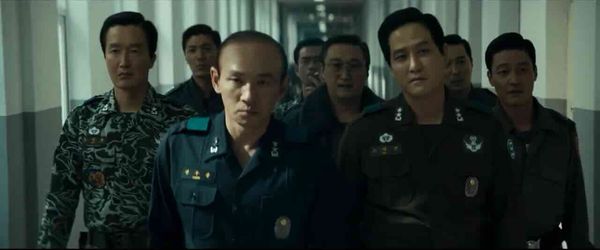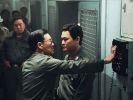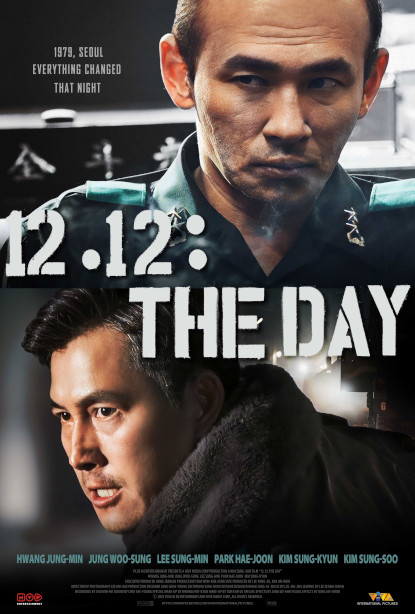Eye For Film >> Movies >> 12.12: The Day (2023) Film Review
12.12: The Day
Reviewed by: Jennie Kermode

When Kim Sung Soo made 12.12: The Day – and when South Korean viewers flocked to see it, making it the biggest hit of the year there in 2023 – they could not have anticipated how timely the historical thriller would turn out to be. Already announced as the country’s 2025 Oscar Submission, it landed on the international stage shortly before President Yoon Suk Yeol attempted to impose martial law and a new period of crisis developed. At the time of writing, it’s still unclear what the upshot of that event will be, but it is unlikely to have such a dramatic long term impact as the events of December 1979, which interrupted democratic progress for over a decade.
Woo Min-ho’s 2020 thriller The Man Standing Next covered the events leading up to the assassination of president Park. 12.12: The Day addresses the events of a few weeks later, when the Hanahoe group of military and political allies, led by Chun Doo-hwan (played here, in thinly disguised form, by Hwang Jun-min), attempted to seize power for themselves. The details of what followed are familiar to most South Koreans but are not widely known internationally, so I shall avoid going into detail here. Suffice to say that events came to a head on 12 December as different factions wrestled for control.

Kim’s film is not a documentary and departs from the facts in a few small ways, mainly in order to achieve a suitable dramatic flow. It also introduces elements of fiction to fill in the gaps where precise events are not known. Kim, who co-wrote as well as directing, is careful to remain as neutral as possible despite the strong feelings that he, like most other South Koreans of his generation, has about these events, and the result is a depiction that few would be likely to take issue with. This does nothing to reduce the tension, nor to keep viewers from forming strong opinions about the characters.
The clearest opposition to Chun comes from the alliance of Army Chief of Staff Jeong Sang-ho (Lee Sung-min) and loyal, idealistic general Lee Tae-shin (Jung Woo-sung). Kim splits the action between these two men and Chun’s faction as the pace increases, sometimes using a split screen to portray events happening at the same time. There are scenes of violence, but they are few and far between. Rather, it is the threat of violence, on a massive scale, that drives the film forwards. Much of the drama takes place in isolated rooms and corridors, with Kim demonstrating a masterful ability to command viewer attention, picking out small details that illustrate the pressure the men feel. They are all men, those with power, and all middle aged. We meet young assistants in passing, Kim building them up just enough to highlight their helplessness. Not all of them will survive until the end.
UK viewers, and many elsewhere, will share South Koreans’ recollection of the Seventies as a period when cigarettes were everywhere. Most of the men we see are chain smokers, and the air is heavy with smoke, as well as the smog that clung to Seoul at the time. This gives the film a very distinctive look. The set decoration is superb, with the colours of wallpaper, carpets and fabrics subtly altered to reflect the effects of long term nicotine exposure. These may seem like trivial details in the context of the whole, but they serve to fix the film firmly in period and add a certain strangeness to it in contrast to all that is, following Yoon’s actions, too familiar.
A taut political thriller whose additional resonance for South Koreans is balanced elsewhere by uncertainty, 12.12: The Day works on multiple levels. It’s a classy piece of filmmaking and one that fans of the genre – or of high quality cinema generally – will not want to miss.
Reviewed on: 08 Dec 2024















